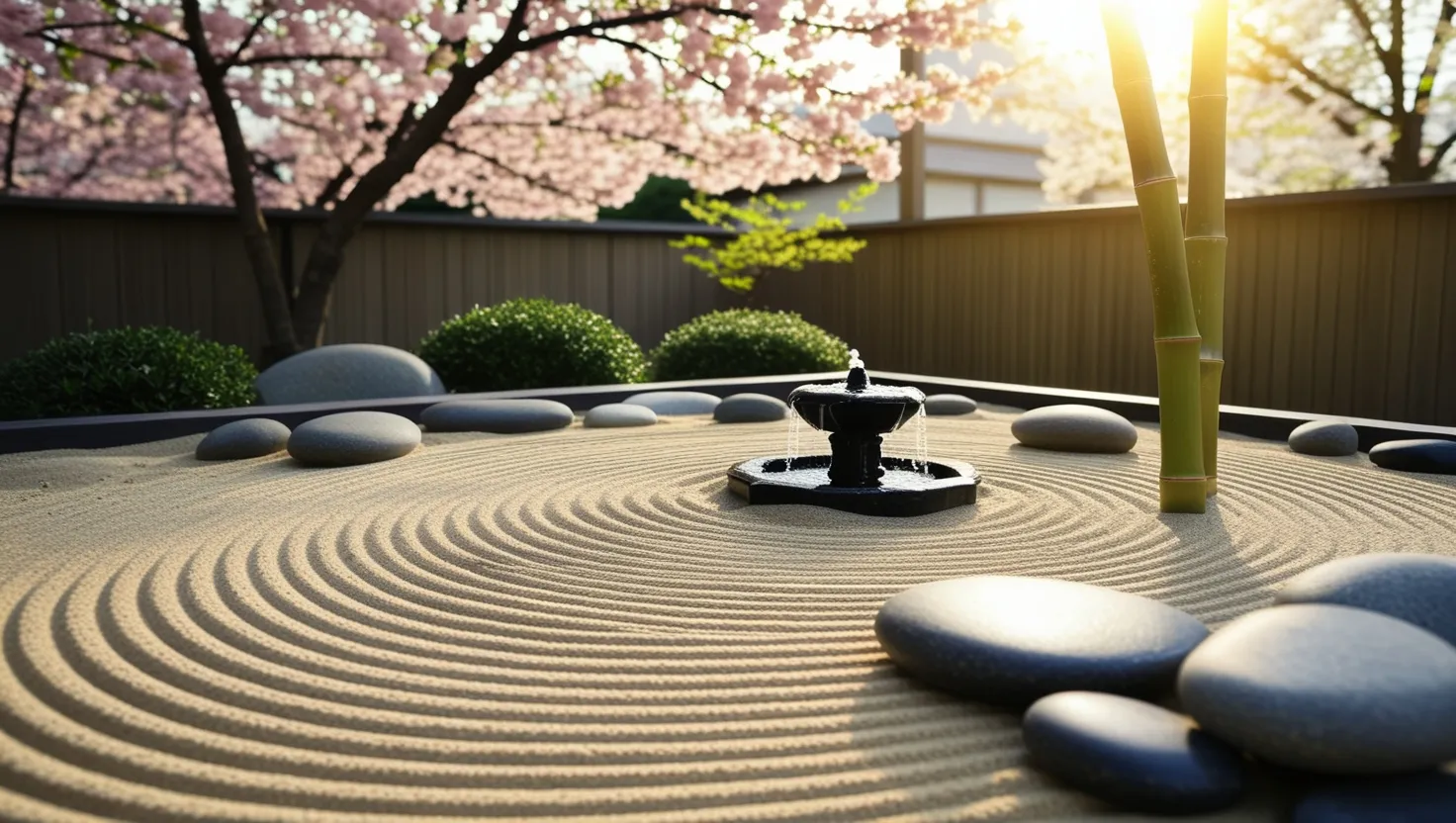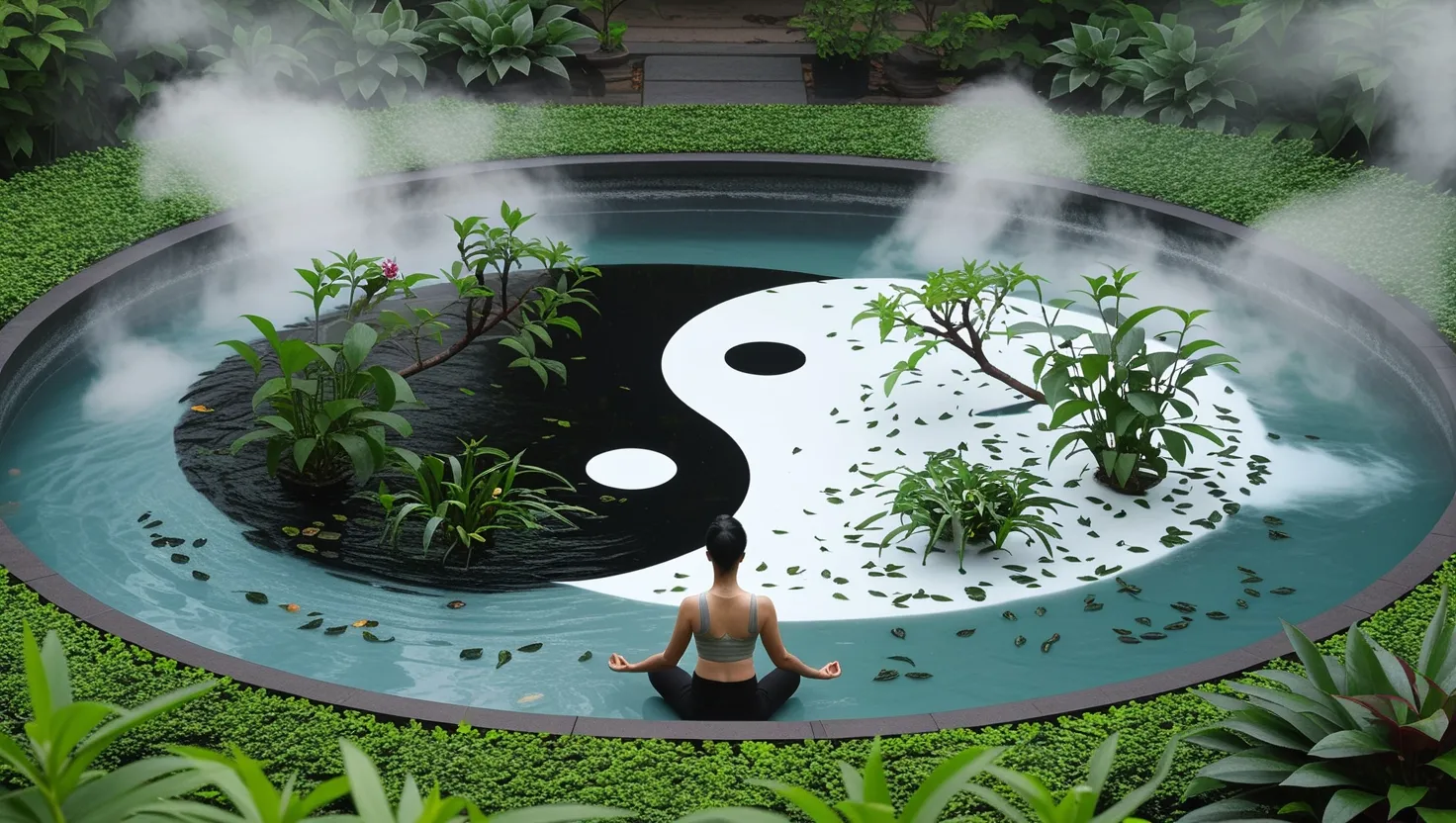In the midst of our bustling modern lives, finding tranquility can seem like an elusive dream. However, the ancient wisdom of Zen offers practical and profound strategies to manage stress and cultivate inner peace. Here’s how you can weave these timeless principles into your daily routine.
The Power of Mindful Breathing
Mindful breathing is one of the simplest yet most powerful Zen practices. It involves focusing on your breath, feeling the air move in and out of your body, and observing the sensations without judgment. This technique can be practiced anywhere, at any time, making it an ideal tool for managing stress in the midst of chaos.
“As you breathe in, cherish yourself. As you breathe out, smile.” - Thich Nhat Hanh
When you find yourself in a stressful situation, take a moment to focus on your breath. Feel the air fill your lungs, and then slowly release it. This simple act can calm the mind and reduce anxiety. It’s a reminder that, no matter what is happening around you, you have the power to control your breath and, by extension, your response to stress.
The Beauty of Simplicity
Zen emphasizes the importance of simplicity in both physical and digital spaces. A cluttered environment can lead to a cluttered mind, making it harder to focus and increasing stress levels. By decluttering your living and working spaces, you create an environment that fosters clarity and calmness.
“Clutter is not just physical stuff. It’s old ideas, toxic relationships and bad habits. Clutter is anything that does not support your better self.” - Eleanor Brownn
Take a few minutes each day to tidy up your space. Remove unnecessary items, organize your belongings, and create a clean and organized environment. This act of simplification can extend beyond your physical space; consider simplifying your digital life as well by reducing social media use or organizing your digital files.
Cultivating Presence
Presence is a key component of Zen philosophy. It involves being fully engaged in whatever you are doing, whether it’s eating, working, or conversing. This single-pointed focus can increase productivity and reduce feelings of overwhelm.
“The primary cause of unhappiness is never the situation but rather the thoughts about it. Be aware of your thoughts, but don’t be your thoughts. Watch your thoughts, but don’t be watched by your thoughts.” - Eckhart Tolle
Try eating a meal without distractions – no TV, no phone, just the taste, texture, and aroma of your food. Or, when working, focus solely on the task at hand. This mindfulness can transform mundane activities into sources of joy and tranquility.
The Freedom of Non-Attachment
Non-attachment is another crucial Zen practice. It involves letting go of rigid expectations and outcomes, allowing you to adapt more easily to change and reduce disappointment. This mindset is not about detachment from life but about being open to its fluid nature.
“Attachment to things you like and aversion to things you dislike are the roots of suffering.” - Buddha
Think about the last time you felt stressed because things didn’t go as planned. How would your reaction have been different if you had approached the situation with a mindset of non-attachment? By letting go of these expectations, you can respond to life’s challenges with greater ease and equanimity.
The Calm of Daily Meditation
Daily meditation is a powerful tool for cultivating a Zen state of mind. Even just a few minutes of quiet reflection can significantly impact your overall well-being and stress levels.
“Meditation is the ultimate mobile device; you can use it anywhere, anytime, unobtrusively.” - Sharon Salzberg
Find a quiet space where you won’t be disturbed, sit comfortably with your back straight, and focus on your breath. When thoughts arise, gently bring your attention back to your breath without judgment. This practice trains the mind to settle and observe without attachment, leading to a deeper understanding of your own mind and a greater sense of inner calm.
Integrating Zen into Daily Life
Incorporating these Zen practices into your daily routine is not about adding more tasks to your already busy schedule but about transforming your existing activities into mindful exercises.
“Zen is not just a matter of faith, it is based on reason and experience.” - D.T. Suzuki
For instance, turn your daily commute into a mindful walk by paying attention to your body’s movement and the environment around you. Or, make washing dishes a meditative experience by focusing on the sensations of the water and the dishes.
A Life of Inner Calm
By integrating these Zen practices into your daily life, you can develop greater resilience to stress and cultivate a sense of inner calm amidst the chaos of modern living.
“The mind is everything; what you think, you become.” - Buddha
So, the next time you feel overwhelmed, take a deep breath, focus on the present moment, and let go of your expectations. Remember, it’s not about changing the world around you but about changing how you respond to it.
What are some ways you can incorporate mindfulness into your daily routine? How do you think simplifying your environment could impact your stress levels? Take a moment to reflect on these questions and see how you can apply the wisdom of Zen to your life.






